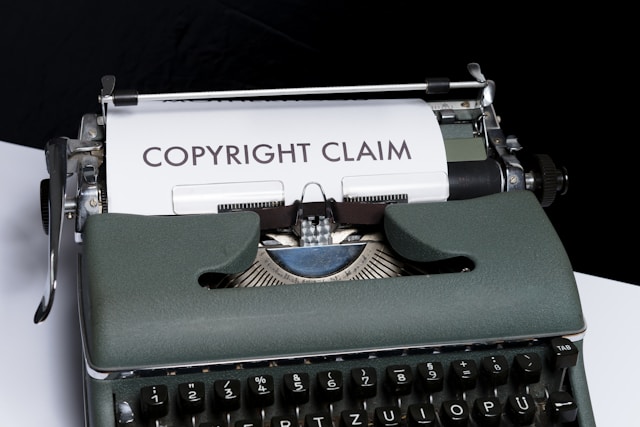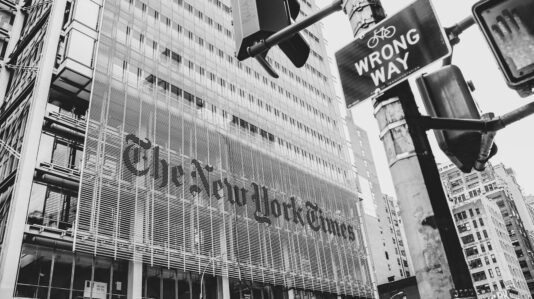Artificial intelligence is changing the way we work, create, and even entertain ourselves. But with big innovation comes big legal questions, and one of the largest copyright cases in history just gave us some answers.
Earlier this month, AI company Anthropic agreed to pay $1.5 billion to a group of authors after it was accused of using pirated books to train its chatbot, Claude. This deal is being called the largest copyright settlement ever in the U.S., and it could shape how AI develops in the years ahead.
What Happened?
A group of authors discovered that Anthropic had pulled their works, without permission, from illegal online “shadow libraries” and fed them into its AI system. When challenged in court, the judge concluded the use of novels and books when purchased were considered fair use for generative AI software. However, considering Anthropic obtained the information via pirated library sites, the judge deemed it was an infringement of copyright.
Faced with mounting legal pressure, Anthropic agreed to settle. The company will pay $1.5 billion, roughly $3,000 for each of the 500,000 works involved, and it must delete all pirated material from its systems. While the agreement only covers past use, it doesn’t give Anthropic permission to keep using these works going forward.
Why This Is a Big Deal
Historically speaking, this lawsuit is the largest payout of its kind at a settlement of $1.5 billion. This deal not only affects the immediate short term of financial loss, but could potentially affect other AI companies, including giants like OpenAI and Meta, who could face similar lawsuits over how they collect and use data. Additionally, the case highlights growing concerns about whether AI companies are sourcing their training data legally and ethically, which could result in further scrutiny.
What It Means for Creators
For authors, artists, and other creators, the courts are starting to take AI-related copyright seriously. It sets the stage for compensation opportunities, potential new licensing systems, and greater awareness of how their work might be used in AI tools. Overall, this new perspective can allow for creatives to make claims if their work is used without permission or could involve royalty payments for future AI training.
What It Means for Businesses and Users
If your business relies heavily on AI, this case is a wake-up call. Check your tools and make sure the AI platforms you use are sourcing data legally. Not only this but expect new contracts with more agreements and disclaimers. Lastly, protect your reputation. Businesses seen as relying on “stolen” content risk not just lawsuits, but public backlash.
The Bigger Picture
The Anthropic settlement doesn’t end the debate, it’s just the beginning. As AI becomes part of everyday business and creative work, copyright law will continue to evolve. What’s clear is that AI can’t simply take without asking. Creators deserve protection, and companies must build AI systems responsibly.
Conclusion
While the pivotal issue of fair use is still being litigated in other AI copyright cases, the $1.5 billion Anthropic case is a turning point. It protects authors, warns AI developers, and reminds businesses and consumers alike that copyright law applies even in the digital age. For creators, it’s a step toward fair compensation. For companies, it provides guidance on how to responsibly leverage AI for business uses. And for the rest of us, it’s a glimpse of how the future of AI and copyright will unfold.
If you’re a creator concerned about how your work might be used in AI, or a business exploring AI tools and want to stay compliant, our team can help you navigate these evolving legal issues. Contact us to discuss your options.
Contributions to this blog by Anastasia Pedraza.



